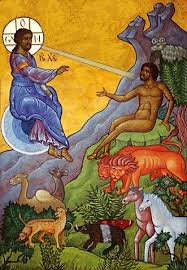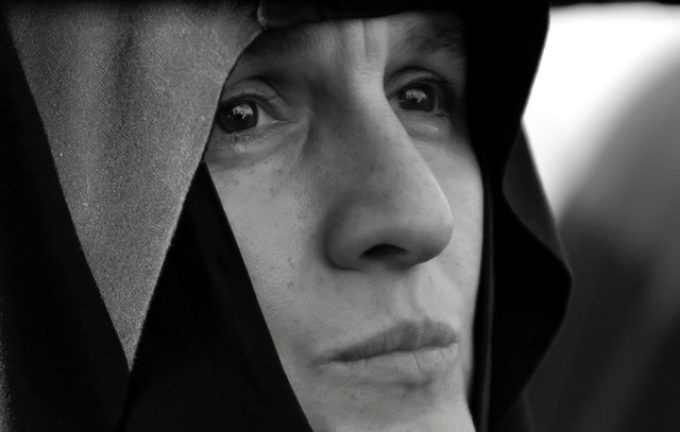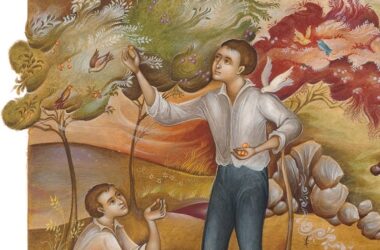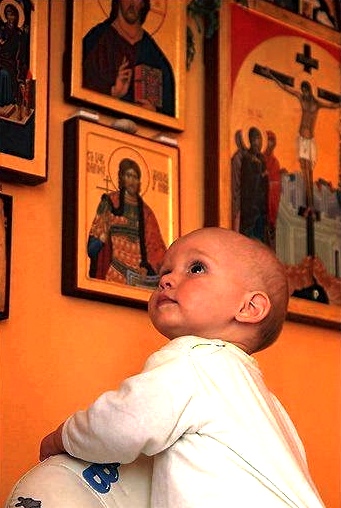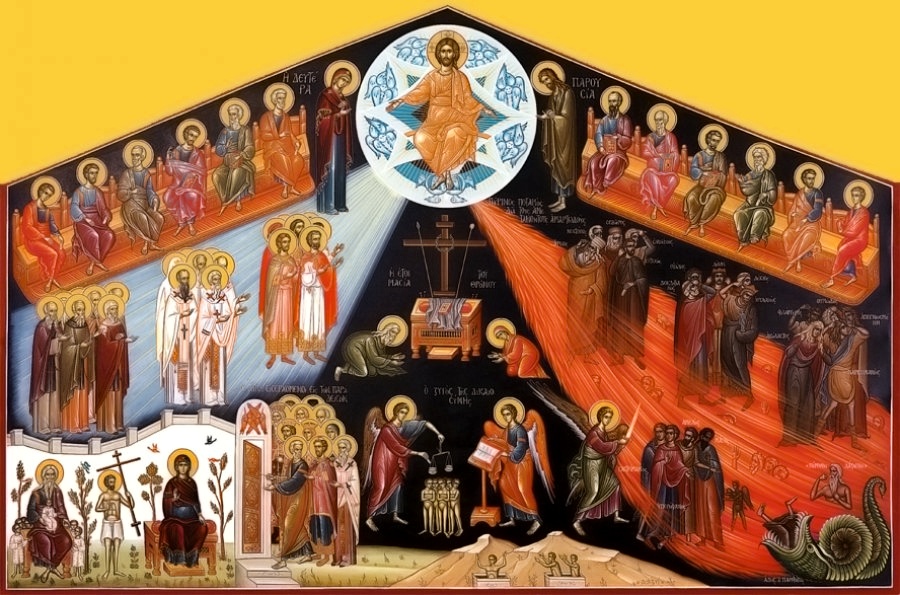Saint John Maximovici
In this world there are many people who don’t know the spiritual laws – but these laws exist and they prove the groundlessness of the unbelief in the spiritual world.
The man who boasts and praises himself, creates an awkward, unpleasant impression to everybody, even to the faithless people – and the more he boasts, the more pathetic he seems for those around him. This is the action of the spiritual law. And the more humble is the man, the more he is liked by everybody. The modest people are loved by all, the proud ones are disliked by all.
We clearly see that even within the faithless people acts an unflinching law – and even if the faithless people don’t appreciate modesty in themselves, they appreciate it at the others for sure.
We are not wrong if we consider modesty as one of the attributes of the human personality which offers the utmost comfort. Modesty is without doubt equal to mercy, because the modest man is already merciful towards the other men – he doesn’t harass them with his claims, he doesn’t torment them putting on airs. Deliberately or not, the man who lacks pride honors God first then he honors men, who have all their gifts from God.
Thus the modest one never loses anything in life. His talents and qualities are not diminished by his modesty; on the contrary, they grow even more.
In the same time modesty never means weakness, as some who are afraid of it believe. It is power and spiritual bravery. Even in the life of societies and peoples “pride goes before destruction.” The true cultural level is directly proportional with the social and international modesty – and that is why the Word Who created the worlds, took a life of humble man and lived a life of suffering, showing the spirit of humility as a light which guides towards the endless glory of the heavenly kingdom. Jesus Christ’s humility became a seal of truth in man.
Source: How to overcome pride. Lessons for healing pride from the advice of the Holy Parents, Sophia Publishing House, Bucharest, 2010, page


